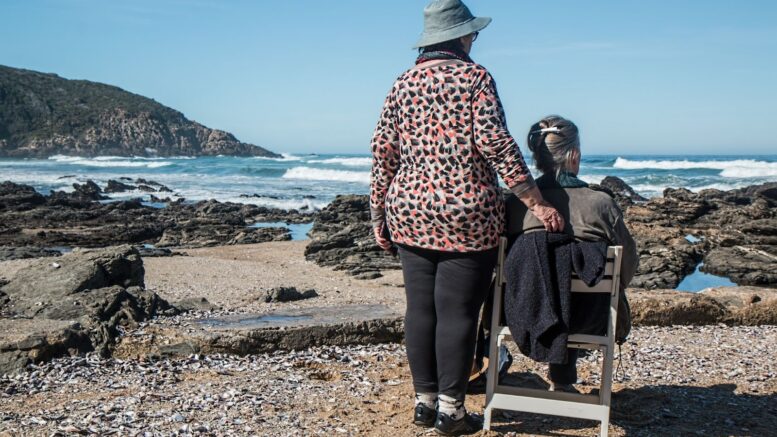Ageing is a natural part of life, and as we grow older, our bodies and minds undergo a series of changes that can have a significant impact on our overall health and wellbeing. It’s important to understand these changes, both for older adults themselves and for their caregivers, to promote healthy ageing and ensure that older adults receive the care and support they need.
Physical Changes
One of the most noticeable physical changes that occur in older adults is a decline in mobility and strength. This can make it challenging for older adults to perform daily activities, such as getting in and out of bed, getting dressed, or using the bathroom. It can also increase the risk of falls and injuries.
Older adults may also experience changes in their vision and hearing, which can impact their ability to communicate and interact with others. Older adults may also experience changes in their appetite, digestion, and sleep patterns, which can affect their overall health and wellbeing.
Tips for Managing Physical Changes
Fortunately, there are ways to manage physical changes in older adults. Prioritising mobility and strength training can help, whether it’s through regular exercise programs or the use of mobility aids such as elderly chairs or walkers. Proper nutrition is also essential for maintaining overall health and wellbeing.
Moreover, caregivers can make changes in the living environment to ensure that it is as safe and accessible as possible. This may include installing grab bars, non-slip mats, and other safety features.
Mental Changes
In addition to physical changes, older adults may also experience mental changes, such as memory loss, confusion, and cognitive decline. These changes can make it challenging for older adults to perform daily activities and can impact their overall quality of life.
It’s important to note that not all older adults experience mental changes, and these changes may not necessarily indicate the onset of dementia or other cognitive disorders. However, it’s essential to monitor any changes in mental function and seek medical attention if necessary.

Tips for Managing Mental Changes
To manage mental changes in older adults, it’s important to prioritise brain health and cognitive stimulation. This can include regular mental exercises, such as puzzles or memory games, as well as social engagement and interaction with others.
Furthermore, caregivers should work with older adults to ensure that they receive proper medical care and treatment for any cognitive disorders or mental health issues. This may include medication, therapy, or other forms of treatment to improve mental function and overall well-being.
The Benefits of Elderly Chairs
One way to manage physical changes in older adults is through the use of elderly chairs. Elderly chairs are designed to provide comfortable and safe seating options for older adults with mobility or strength issues. These chairs can help older adults maintain their independence and continue to participate in daily activities.
Elderly chairs come in a variety of styles and designs, including recliners, lift chairs, and adjustable chairs. They offer features such as built-in footrests, easy-to-use controls, and padded seats and backs for added comfort.
Using elderly chairs can also help prevent falls and injuries, as they provide a stable and secure seating option for older adults. Moreover, the use of elderly chairs can enhance posture and provide support for proper alignment, thereby alleviating pain and discomfort that often comes with prolonged sitting.
Overall, managing physical and mental changes in older adults requires a comprehensive approach that takes into account their unique needs and circumstances. By working with healthcare professionals and caregivers, older adults can receive the support and care they need to age gracefully and maintain their independence and dignity. So if you or a loved one is experiencing physical or mental changes associated with ageing, don’t hesitate to seek the necessary care and support to ensure a healthy and fulfilling life in the golden years.
